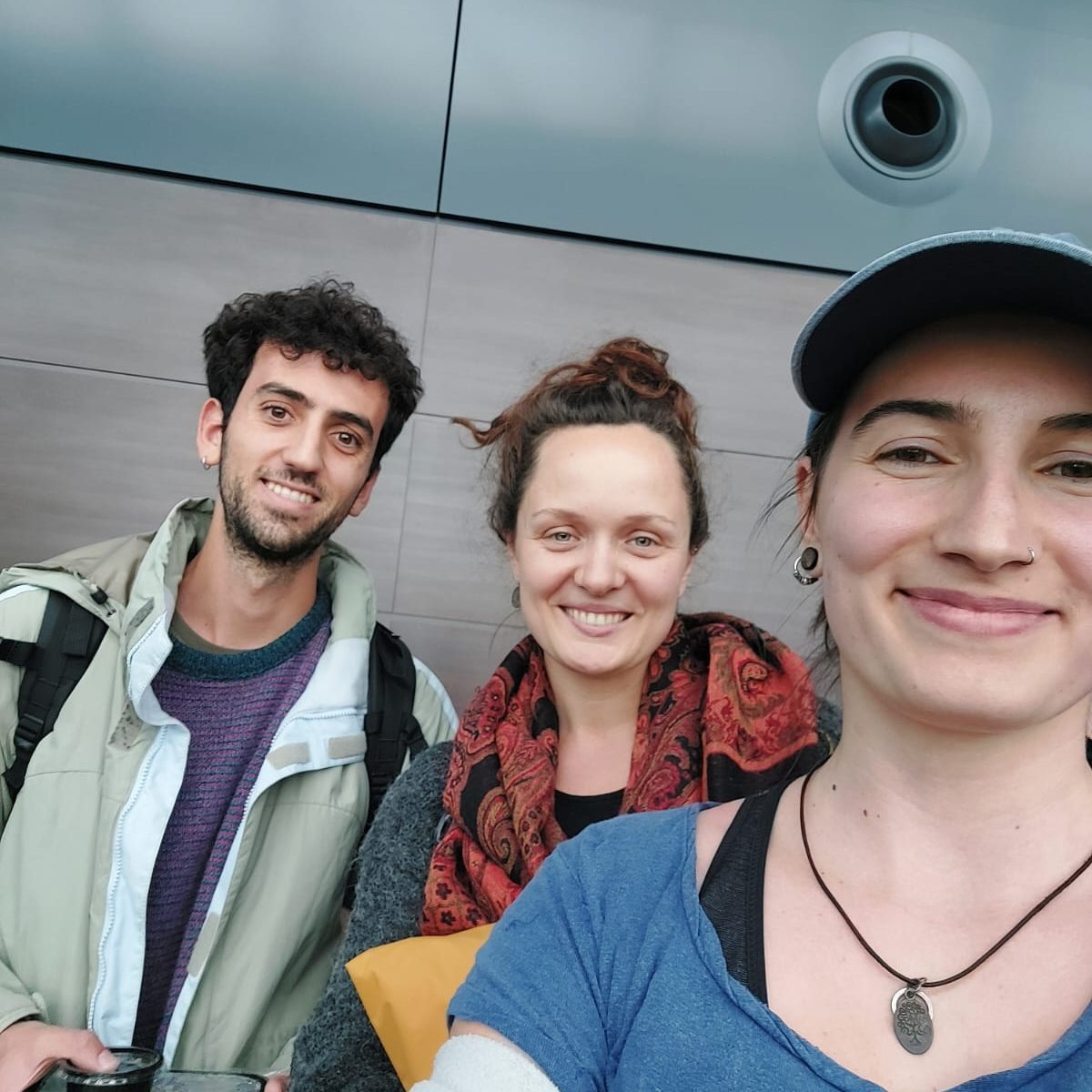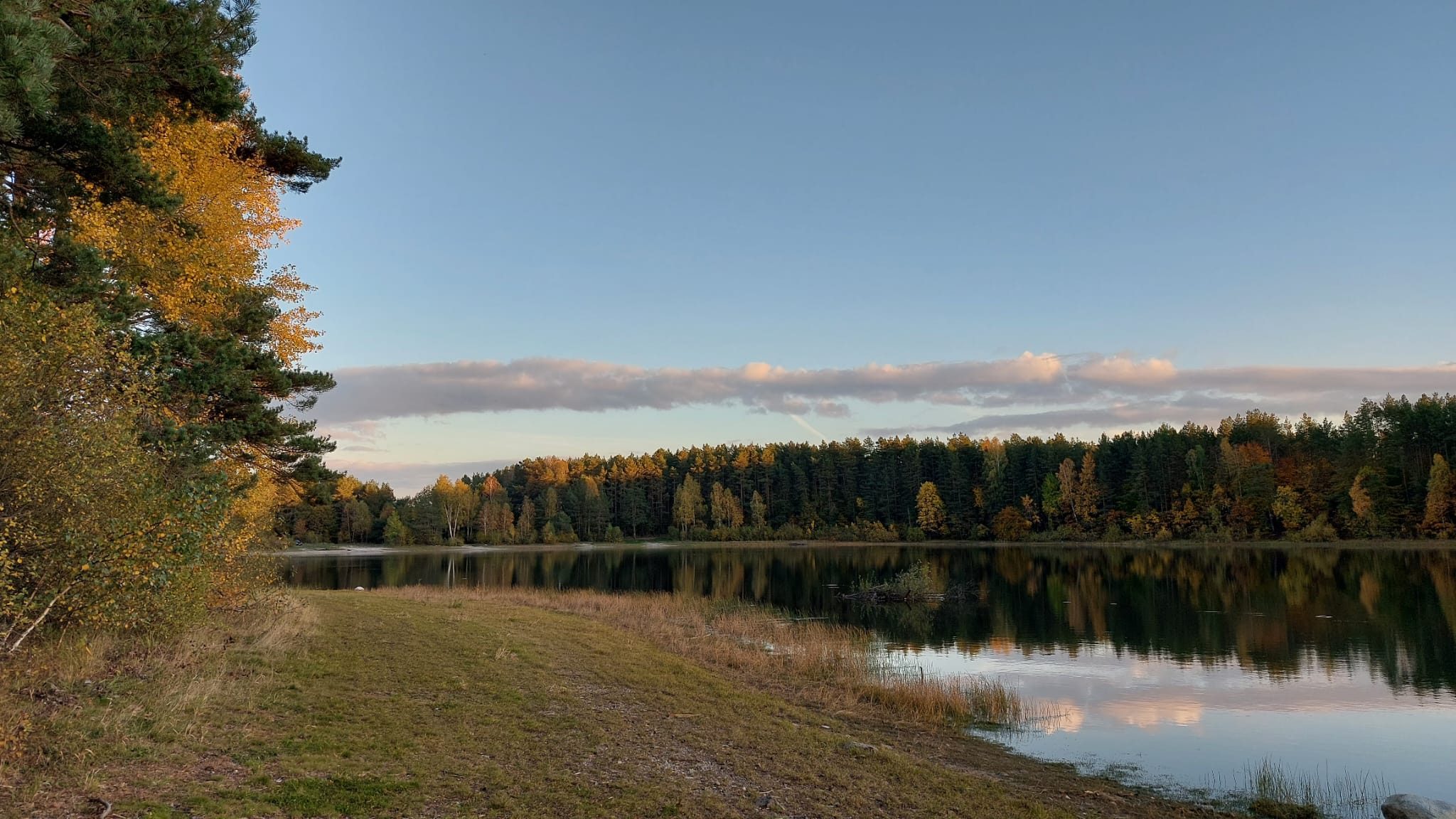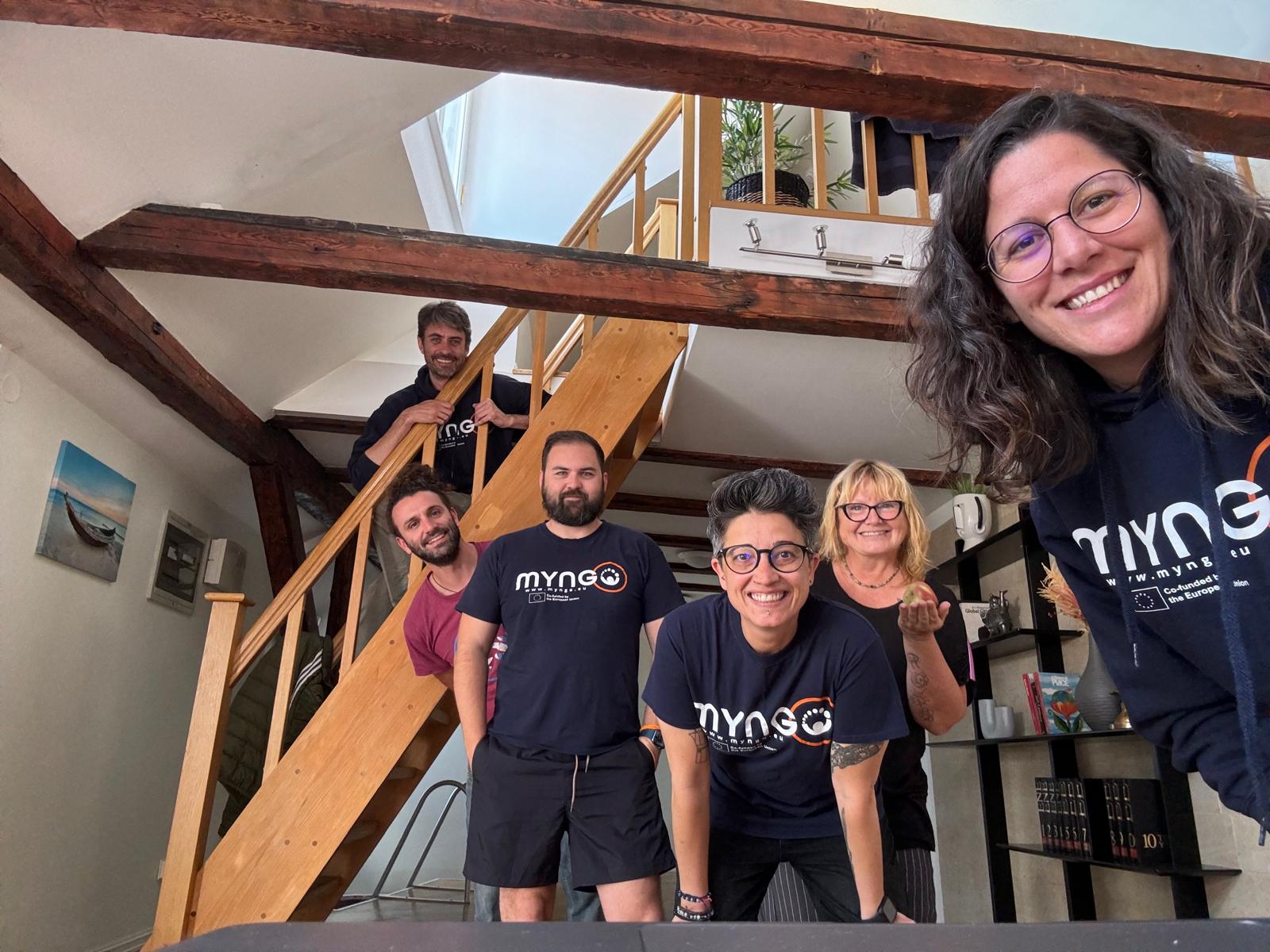We sent Kӓtlin, Tommaso and Alice to Poland for the Erasmus+ training course ‘Sustainable Communities for (you)th’ in October 2022.
This is their testimony!

Cześć! On the 26th October Kӓtlin, Tommaso and me came back from Poland, where we participated in a Training Course on the topic of Sustainable communities, as representatives of Assciazione Kora.
“Sustainable Communities for (you) th” is a project born from the awareness that the climate and ecological crisis will require a radical change in our habits and our consumption patterns. To do this, it is not enough to rely on the solutions that science is proposing and on the laws that are gradually being implemented, but it is also important to adopt a holistic approach, which involves everyone and everyone in the process of change. Sustainable communities aim to achieve sustainability in its many aspects, from food production, to decision-making, to the financing of their activities.

In this project we have seen and analyzed four different “pillars”: personal sustainability, collective sustainability, financial sustainability and finally environmental sustainability. For each of the four parts we had different activities and moments of debate.
The topics we have dealt with in more depth are the search for our values and strengths, coaching as a method of personal development, the various ways to obtain resources and funding for one’s projects, circular economy, the search for our own reason for living through the Japanese method of Ikigai, deep listening, non-violent communication and decision-making in communities, exploring in particular the concept of sociocracy.

We then dedicated the last two days to more practical activities, including collecting wood and berries, planting garlic in the farm’s vegetable garden, beekeeping, collecting waste left in the forest and preparing food on open fire.
The more “official” training activities were accompanied by many conversations and exchanges with the owner of the farm that hosted us, Katarzyna, and the other members of the training team. The experience was then certainly enriched by getting to know the other participants, that came all the way from Greece, Spain, Portugal, Romania, Hungary and Poland.
In general, it was a fantastic opportunity for personal enrichment, for creating new friendships and for contact with nature.
We thank Simone and Kora for the opportunity and see you next time!
Alice, Tommaso and Kӓtlin







